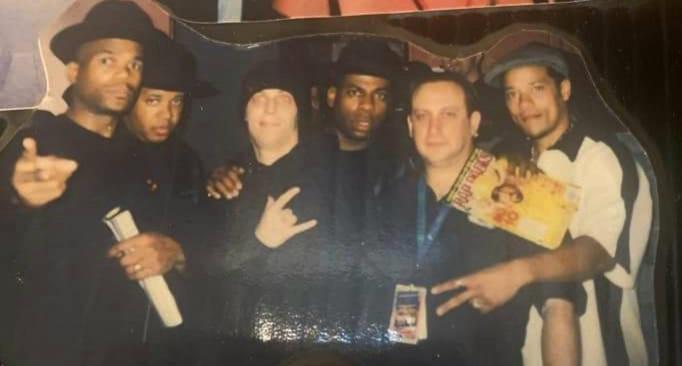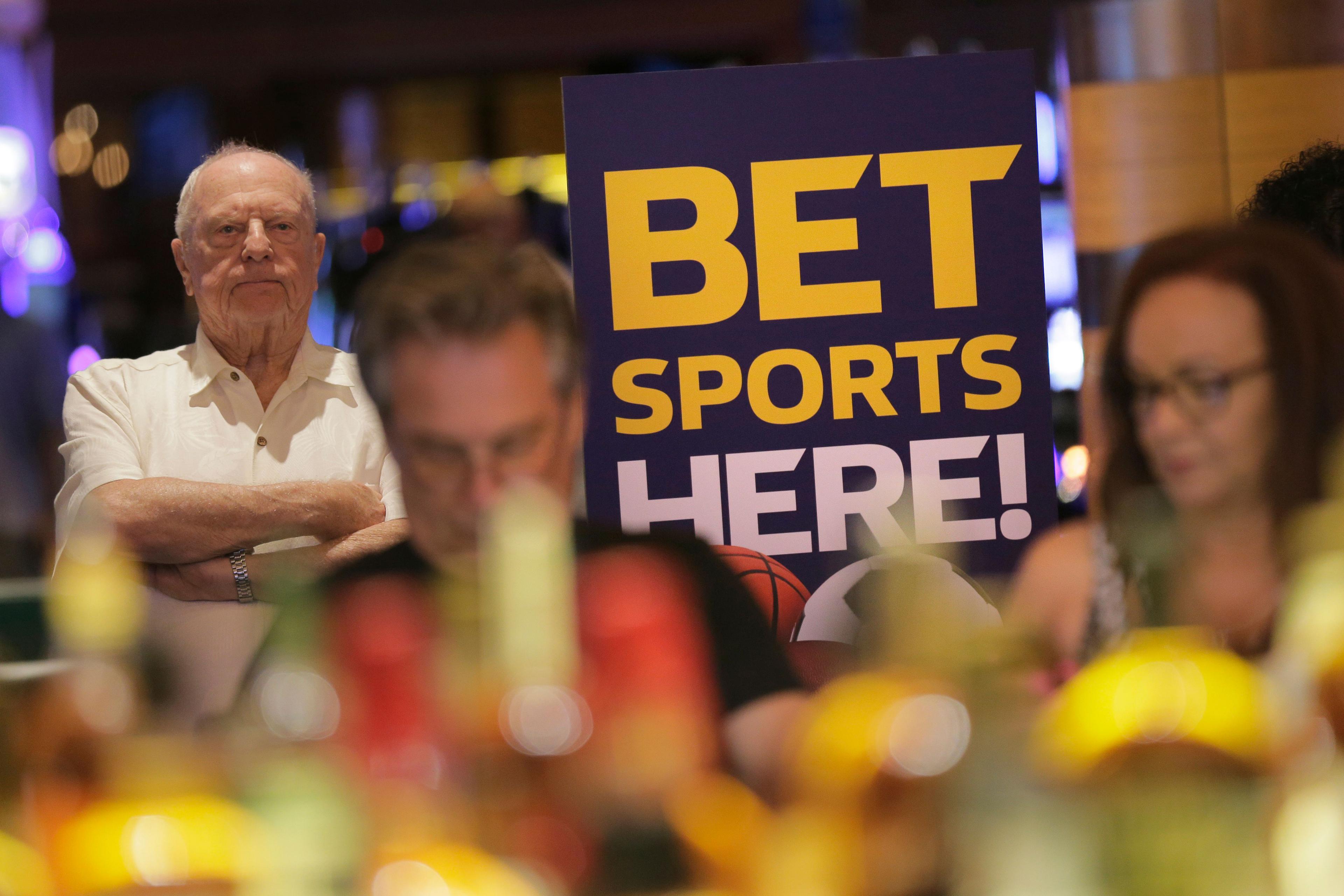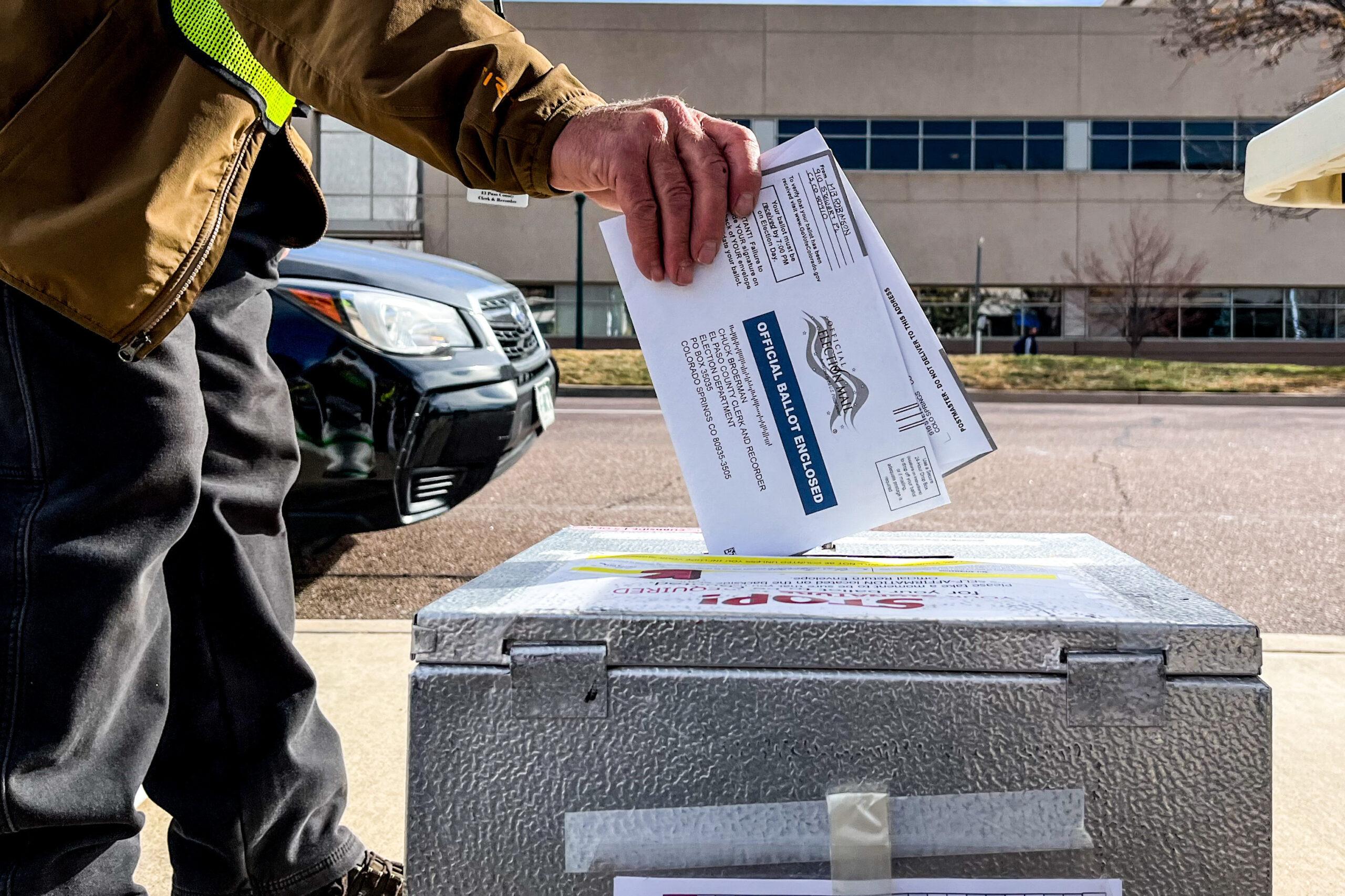Throughout Black History Month, our staff has been looking back at the music celebrating Black heritage, traditions, and culture that have inspired us most over the years. Our playlist often reflects songs from the Black experience honoring the rich legacy of music from the past while championing contemporary musicians who are at the forefront of redefining the music scene.
Black musicians have played a pivotal role in shaping and influencing diverse genres. To understand the roots of indie music, we must acknowledge the incredible contributions of Black icons in various genres such as jazz, blues, gospel, and soul. Artists like Louis Armstrong, Bessie Smith, and Robert Johnson laid the foundation for what would later become a vibrant and dynamic music landscape. Jazz, with its improvisational nature, and blues, with its raw emotion, provided a platform for Black musicians to express their experiences, struggles, and triumphs. Artists like Miles Davis and Billie Holiday set the stage that would inspire generations to come. The Motown era brought forth legendary figures like Marvin Gaye, Stevie Wonder, and The Temptations. Soulful melodies and socially conscious lyrics resonated with audiences around the world. The Motown sound laid the groundwork for indie musicians to explore new realms. In the 70’s and 80s the emergence of hip-hop became a cultural phenomenon. Innovators like Grandmaster Flash, Run-DMC, and Public Enemy not only shaped the rap scene but also inspired a new generation of Black artists to break the mold and create unique sounds.
Today, we are witnessing a flourishing Black indie music scene that draws inspiration from the diverse roots of the artists that came before them. This fusion reflects the diversity of the Black experience and mirrors the journey of Black musicians throughout history who constantly pushed boundaries. Indie favorites like Anderson .Paak, Brittany Howard, Cautious Clay, Chance the Rapper, Childish Gambino, Gary Clark Jr. and Lizzo are breaking down genre barriers, fusing elements of jazz, soul, hip-hop, rock, pop, and electronic music.
Enter up-and-comers like Bartees Strange, Steve Lacy, and Jean Dawson. They represent a new wave of Black indie artists who defy traditional genre boundaries drawing from rock to folk, electronic and hip-hop. Black Pumas, with their soulful and retro-inspired sound, pay homage to the Motown era. Their ability to infuse classic soul with modern indie elements speaks to the enduring influence of soul legends while carving their unique space in today's music.
As we honor Black History Month, we acknowledge the impact of Black musicians who have paved the way for the diverse and innovative sounds of today's music scene. In recognizing their influence, we continue to appreciate and celebrate the ever-evolving landscape of Black indie music.
Here's some of the artists that inspire our hosts:
Willobee Carlan

Growing up in Queens, New York, RUN D.M.C. served as more than just musical icons for a young white kid like myself; they were a cultural force that transcended boundaries. Their raw energy, distinctive style, and unapologetic authenticity spoke directly to the streets of Hollis, Queens and beyond. As a fan, I found inspiration in their lyrics, which echoed the struggles and triumphs of urban life. Their fusion of rock and hip-hop ignited a fire within the community, challenging norms and pushing me to embrace my own identity fearlessly. Witnessing their meteoric rise from the same neighborhoods I hung out in, fueled my dreams and reminded me that anything was possible with determination and passion. RUN D.M.C.'s impact on me wasn't just musical; it was a profound influence that shaped my worldview and instilled in me a sense of pride in my roots.
Zach Giltrap
A great amount of the music and artists I was introduced to came from my parents, the radio or (most of my favorites) came from my friends but there were a few times in my life that songs or their creators spoke to me alone. Etta James was one of them. Dustin Hoffman, Valeria Golino and a slow dance scene in an elevator was my introduction to the greatest ballad ever made and my personal journey to own every piece of music she sang. A journey that led me to Ella Fitzgerald, Billie Holiday, a lot of CDs and an empty wallet. At the time, 1988, I didn’t know of her importance to the music industry, her struggles as a black woman in music or even her contribution to the entirety of America's music legacy. Etta “Peaches” James, the Matriarch of Blues is now credited with bridging the gap between rhythm and blues and rock and roll and has inspired artists the world over like Diana Ross, Hayley Williams, Tina Turner, Amy Winehouse, Beyonce, this Indie1023 host and countless more.
Fast forwarding to now celebrating Black History Month and still doing my best to JUST pick “one” artist that’s inspiring me, I’m going to focus on Jean Dawson. Apologies Brittany Howard, Gary Clark Jr. Little Simz, Genesis Owusu, SZA, Killer Mike, FKA Twigs and others. Jean Dawsons music literally (and figuratively) screams to me, ten parts punk, thirteen parts indie rock, I don't know why I did “parts” thing but rap, hip hop, poetry and experimental production qualities rivaling bands that have been around for decades. David Sanders aka Jean Dawson (along with a few of the previously mentioned artists) pleasantly challenge my ears, make me stop what I'm doing just to listen and I'm selfish in hoping he will continue making music for the next eon, give or take a nine hundred million years or so.
Demi Harvey
I will never forget running home after school and turning on B. E. T. to catch 106 & Park, the show that counted down the top songs and videos from artists in the early 2000's. A stand out artist for me was thee Lil' Kim! Yes, the original Queen Bee, sorry Bey! Alright, was I a little too young to be listening to 1996 hits "Crush on You" and "Queen Bitch", at a whole six year's old? Absolutely! In my mother's defense, she didn't know. Lil' Kim's lyrics have been known for being a little R-rated since her debut album Hard Core. Since day one she was criticized for her explicative and sexual lyrics and visuals, but none of that stopped her from rising to the top of Billboard chats, selling out tours all of the globe, and amassing fashion collaborations with some of the most prominent brands. Lil' Kim taught me to embrace every part of me, including the parts of me society told me to hide or be embarrassed of. She pushed boundaries throughout her career and became a chameleon across many different industries and forever changed the culture of rap and R&B. She's your favorite rappers biggest inspiration today. I mean, clock the looks! Her influence is everywhere in mainstream music: see Megan Thee Stallion, Doja Cat, Cardi B, Lizzo, Sza and the list goes on. Lil Kim is a masterclass on how to create a confident, empowered, dynamic woman and she will continue to influence the masses for decades to come.
Shawn Lucero
The O.G. Ice-T!
Time travel with me to the late 80’s and my first tall drink of Ice-T.
I started hanging out with these twins who were new to my high school. Their father had been murdered for a small amount of cash at an ATM in Albuquerque, NM. My father was doing time in a federal prison for smuggling marijuana across the Mexican border. We bonded over missing our fathers and spent days skipping school, driving around in their Mazda Miata, three teenage girls crammed into a two- seater, listening to cassettes and parking at our local Sonic waiting for dumb boys to catch up with us.
One day we snuck off our closed campus to get some lunchtime Ocean Waters at Sonic. The twins drove and popped their latest music purchase into the tape player. They asked if I’d heard of Ice-T. I hadn’t but played along trying to be cool about it.
Cue the intro to Ice-T’s second studio album Power and I was immediately entranced. Tracy Lauren Marrow a.k.a. Ice-T now had my attention and lured me into my new fascination with gangsta rap even though I had no idea what that actually was at the time. I was into metal/punk/outlaw country and this level of rap was what I needed to add to my affinity for rebellious music.
Ice-T has held me as a fan since that moment in 1988. From his major role acting debut in 1991’s New Jack City to decades playing detective Tutuola on my favorite TV show Law & Order SVU and slaying the heavy metal/alternative world as far back as 1991 with his metal bandl Body Count, I have remained one of his biggest fans.
Ice-T’s Power was the first rap tape I ever purchased. It opened my ears and mind at the time to the exploding world of rap/hip hop. So, shout out to the Rapper, metalhead, producer, songwriter, actor, husband, father, Army Vet, O.G. Original Gangsta Ice T.
Dana Meyers
I grew up in Boulder, Colorado, a city that's known for being very progressive but not at all culturally diverse. I was always the only Black kid in my grade, and none of the other kids around me understood much about Black people or Black culture. Even the public school system didn't teach much about Black American history (short of a watered-down view of slavery and a clumsy stumble through the civil rights movement in the 1960s) and relatively nothing about Black art.
In essence, I was a Black kid, who had little choice, but to grow up like a white kid. Almost none of my peers had any real appreciation for hip hop or R&B, and I personally wasn't into those genres anyway. I was interested in rock bands — and as is still the case, mainstream rock music was almost entirely dominated by white artists. These were times before the internet, when music exposure was mostly limited to the radio and TV. As David Bowie made a big point of in an MTV interview, Black artists were not being given even remotely fair representation. It wasn't until Prince became a big star that I felt there was someone who looked like me and made music I had much interest, but it was still a bit poppy for my taste. As I got into college, I discovered some amazing bands like Bad Brains and Fishbone and Living Colour, but they were still exceptions to the norm in rock music, and they were never invited into the music mainstream.
Have things changed since then? Some, but not a lot. Black artists in rock music are still few in number and rarely lifted into the mainstream. Rock-based radio stations rarely even have Black hosts. (I've felt kind of like a unicorn over the course of my radio career.) I do appreciate how much the internet age has made it easier to find more obscure artists from the past and the present, and Pleasure Venom is an example of a Black (and femme!) artist I've become a big fan of in recent years.
Is the right answer to seek out and spotlight Black rock bands? Not necessarily. Tokenizing artists simply for the color of their skin doesn't move anything forward. My wish is that Black artists who make great music could just be appreciated for their art, period — and I don't expect to see that happen very much until more of the entertainment industry is made up of Black voices.
Alisha Sweeney
I bought my first cassette tape before I even had a boombox. And I bought the cassette tape because I didn't have enough money for a CD. As the youngest in a family of six, music was always currency in our house growing up; and I knew if I spent my piggy bank change on a certain tape I'd be allowed in my older brothers room to listen to it. My purchase was the debut record by De La Soul, 3 Feet High And Rising and it worked. I have a memory of my siblings and I passing around the album notes while we listened to it in his dark basement room. I still have this tape and it is one of my most cherished pieces of media in my music collection. As I look back I realize I've always been drawn to alternative hip-hop musicians; using their platform to speak to politics, racism, and their view of the world. What resonated with me at a young age when I listened to their record is that they rapped about being themselves and they seemed fun to hang out with---silly yet serious---which was so different than the gangster rap genre that was popular at the time. I feel like MTV News one days said the flowers on their album cover represented them being "hippie-hop" and that always stuck with me. Artists like A Tribe Called Quest, Common, The Roots were favorites when I started DJing in college. Nowadays as a radio host, when someone asks me what music I listen to, similar to childhood devotion to De La Soul, I start with alternative Scottish hip-hop trio Young Fathers as a chance to turn someone on to their story. When I interviewed them recently there was a moment during our conversation that I keep coming back to where Kayus Bankole explained that he hopes people don't just see them as hip-hop that they are a folk band that draws heavily from African folk traditions in their music.
Jason Thomas
Pronounced SEE-poe, SIPHO, he was raised in Birmingham, England by Zimbabwean parents. He later spent some time in London soaking things up before recently returning home to Birmingham in his mid-20s. As a result of growing into adulthood and in honor of his recent NME cover story that coincided with the release of his debut album, PRAYERS & PARANOIA, he put together a playlist of inspirational tracks from his favorite artists that you can find here. Do check that out, for sure, but only after you spend a little time with his debut, a Hear First favorite of 2023, and an album that you can hear in the mix currently on Indie 102.3.
Stream our Black History Month Spotify playlist, featuring these artists and dozens more:







